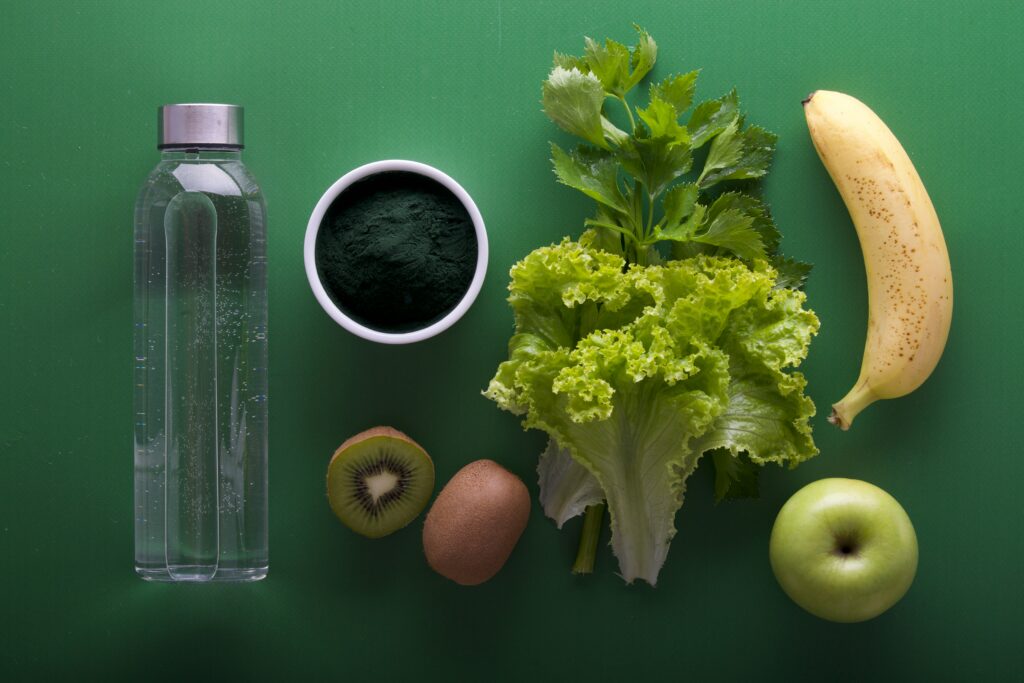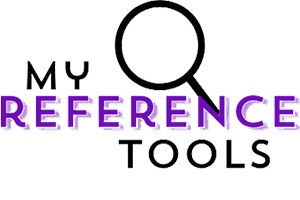Health Habits That Boost Productivity

Staying productive isn’t just about to-do lists and digital planners. The foundation of any truly productive day sits squarely on your daily health habits. If you feel sluggish, foggy, or rundown, even the smartest productivity hacks won’t deliver. Building a few essential wellness rituals into your life can improve not only your work, but your overall sense of balance and achievement.
This article dives into the health habits that reliably fuel productivity, why they work, and practical ways you can start weaving them into your routine.
Start Strong with Nutritious Fuel
Proper nutrition influences how you feel, think, and perform. The connection between what you eat and how productive you are might seem obvious, but many people overlook this when planning their days. By paying closer attention to your meals, you can amplify both your energy levels and focus.
The Power of Breakfast
Skipping breakfast might seem like a good way to save time, but the trade-off isn’t worth it. Science shows that a balanced breakfast can stabilize your blood sugar and kickstart your brain. This prevents mid-morning energy crashes and keeps you mentally prepared for demanding tasks.
To start your day strong, aim for meals with protein, complex carbs, and healthy fats. Examples include:
- Oatmeal with chia seeds, nuts, and a handful of fresh berries
- A hearty breakfast wrap with scrambled eggs, half an avocado, and a salsa mix
- Homemade smoothies packed with spinach, unsweetened almond milk, frozen berries, peanut butter, and a scoop of protein powder
These types of breakfasts create lasting energy, so you’re less likely to feel distracted or resort to unhealthy cravings by mid-morning.
Smart Snacking for Sustained Focus
You’ve probably experienced it before—that mid-afternoon slump where motivation vanishes, making even easy tasks feel like mountains. Often, this comes down to improper snacking. Sugar-laden snacks may give you a quick energy spike, but they’re almost always followed by a crash.
Instead, opt for nutrient-dense snacks such as:
- A mix of nuts like almonds, walnuts, and pistachios with dried fruit
- Plain Greek yogurt mixed with a tablespoon of honey and a sprinkle of granola
- A hard-boiled egg with a dash of sea salt
- Veggie sticks (carrots, cucumber, bell peppers) with hummus for dipping
The key? Keep healthy snacks within reach so when hunger strikes, you’re prepared.
Hydration’s Hidden Impact
Even mild dehydration can sap your focus, cause headaches, and reduce your energy. Water powers your body, and your brain is no exception. A good rule of thumb is to aim for at least 8 cups (about 2 liters) of water daily—but your needs might vary depending on activity levels and climate.
Get proactive about staying hydrated by:
- Starting your morning with a large glass of water.
- Keeping a water bottle on your desk.
- Infusing your water with fresh lemon slices, cucumber, or mint if plain water feels boring.
- Setting gentle hydration reminders on your phone if you tend to forget.
By making hydration a routine, you give your brain exactly what it needs to stay sharp.
Move Your Body, Sharpen Your Mind
Regular physical activity doesn’t just strengthen muscles or improve overall health. It’s a productivity secret weapon that sharpens your mind and lifts your mood.
Why Physical Activity Matters
Exercise enhances blood flow to the brain and triggers the release of feel-good chemicals like endorphins, all of which help you perform cognitive tasks better. You don’t need hours to see the benefits either. Just 20 minutes of light activity can improve concentration and reduce mental fatigue.
Consider this scenario. Imagine you have a big presentation to complete, but you can’t focus. A quick workout session, such as jogging for 15 minutes or doing 10 pushups followed by stretches, can refocus your mind and give you the energy boost you need to tackle it.
Simple Ways to Work in Movement
You don’t need fancy gym memberships to stay active. There are plenty of small ways to build movement into your day:
- Morning Boost: Do a series of stretches to wake up your body before you even start your day.
- Walking Meetings: Convert standing or sitting meetings into walking meetings to keep both your body and thoughts in motion.
- Desk Exercises: Try desk-side activities like seated leg raises, chair dips, or even just shoulder rolls to loosen tension.
Remember, it’s the habit of frequent, intentional movement that pays off over time—not the intensity of specific workouts.
Break the Sitting Habit
Prolonged sitting is often called the new “smoking” for its negative impact on the body. It slows metabolism, reduces blood flow, and can even numb mental sharpness.
Combat sitting fatigue with these practices:
- Use alarms or apps to encourage hourly breaks where you can stand, stretch, and walk. Even 2 minutes of movement can reinvigorate your focus.
- Try desk setups that accommodate standing or adjustable sitting positions for better postural variety.
- Incorporate micro-movements, like rolling your ankles, changing positions, or stretching during phone calls.
Sleep Your Way to Efficiency
If productivity is the destination, then quality sleep is the high-speed highway to get there. Sacrificing sleep for more work might show short-term results, but over time it costs far more than it gives.
Invest in Rest
Quality sleep helps the brain solidify memories, improve problem-solving skills, replenish energy, and stabilize mood. Adults typically need 7 to 9 hours per night, but how you spend the last hour of wakefulness matters even more.
Develop an evening ritual to signal to your brain that it’s time to unwind:
- Dim the lights 30 minutes before bed and avoid harsh screens.
- End your night with relaxing activities like light reading, journaling, or meditating.
- Take warm showers or baths as they help lower your core body temperature, encouraging deeper rest.
Addressing Sleep Disruptors
If you’ve got trouble-dozing noises or interruptions, try:
- Using white noise or soft background sounds.
- Setting up blackout curtains to block artificial light.
- Cutting off caffeine at least 6 hours before bedtime to prevent restless sleep.
Small adjustments can drastically improve how refreshed you feel in the morning.
Master Stress for Maximum Output
Stress and how you manage it can either propel or derail productivity. A little pressure can inspire action, but chronic stress paralyzes your performance and mental clarity.
The Power of Mindfulness
Mindfulness, or staying present in the moment, lowers stress and boosts focus. While the word might sound trendy, the benefits are backed by research. Even 2 minutes of focused breathing can reduce cortisol levels and improve decision-making.
Try these quick practices:
- The 4-7-8 breathing method (inhale for 4 seconds, hold for 7 seconds, and exhale for 8 seconds) to reset a frazzled brain.
- Daily guided meditation apps like Calm or Headspace.
- Taking mindful breaks where you observe your environment and listen to sounds or sensations around you.
Finding Stress Outlets
Physical activities like yoga or running aren’t just great for your body but also for diffusing tension. Similarly, creative hobbies like painting, photography, or cooking help shift mental energy away from work-related concerns into relaxation mode.
Cultivate Laser-Sharp Focus Through Routine
Productivity isn’t about doing more but doing it smartly. Routines that reduce decision fatigue and create flow make all the difference.
Plan Ahead
Planning out tasks the night before simplifies the next morning. Set goals for the day, prioritize them by importance, and leave room for life’s little curveballs.
Limit Digital Distractions
Notifications constantly disrupt your brain’s ability to focus. Instead, try time-blocking apps, set screen free work hours, or use the Pomodoro method for focused productivity bursts.
Build a Healthy Workspace
A cluttered desk often mirrors a cluttered mind. Keeping your workspace intentional and neat creates an atmosphere of control and calm.
- Introduce air-purifying plants like peace lilies or pothos for a refreshing vibe.
- Try desk organizers with zones for papers, supplies, and personal items which limit visual distractions.
Create Strong Social Connections
Finally, remember that humans thrive on connection. Small social boosts even during breaks help keep the atmosphere lively and nourishing in the workspace.
By putting even 2–3 of these strategies to work, you’ll notice greater ease in navigating demanding tasks while sustaining mental harmony day after day.
Each healthy habit layered builds into a solid base. Productivity becomes an effortless outcome of living a healthier aligned life.



